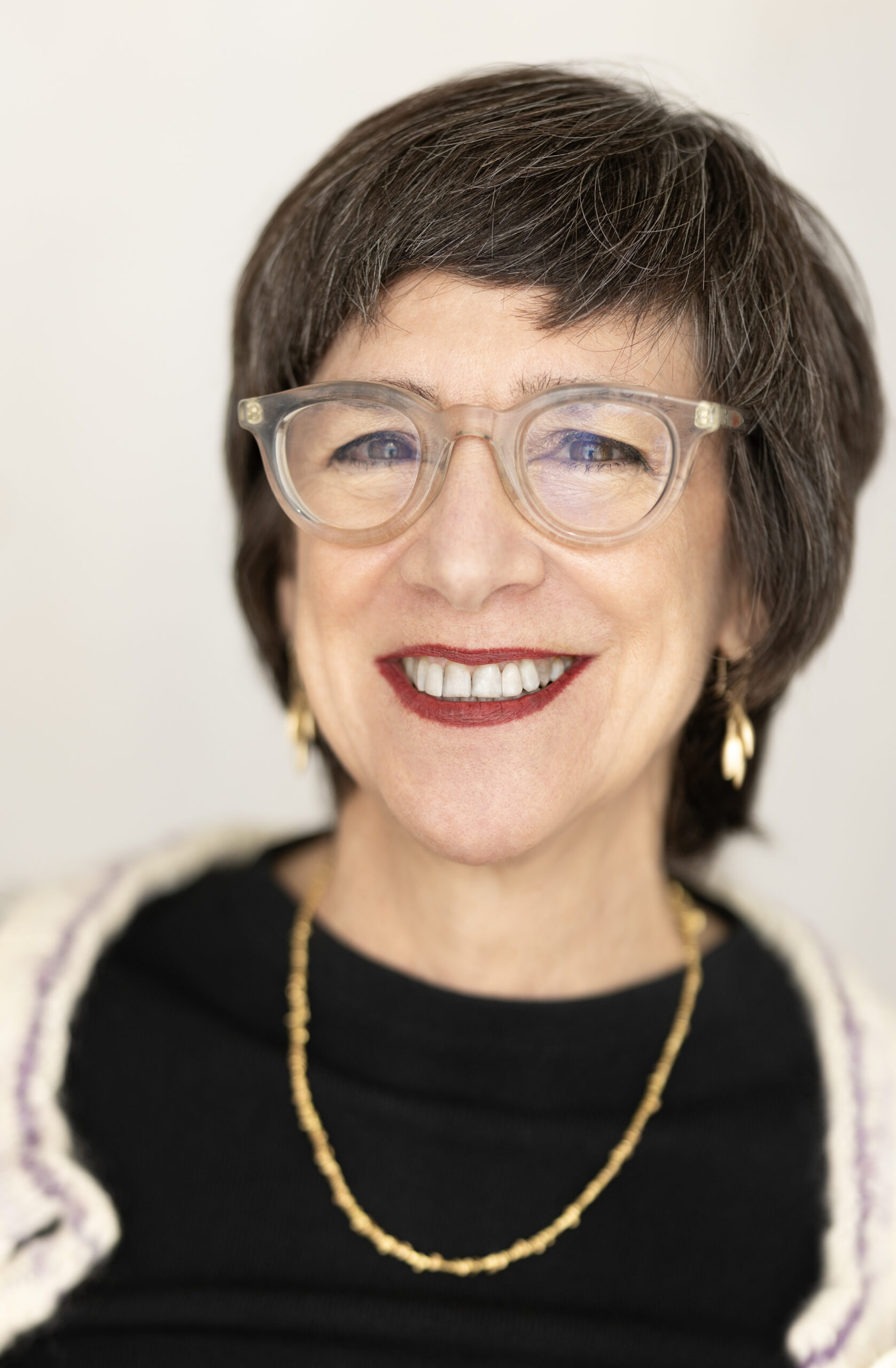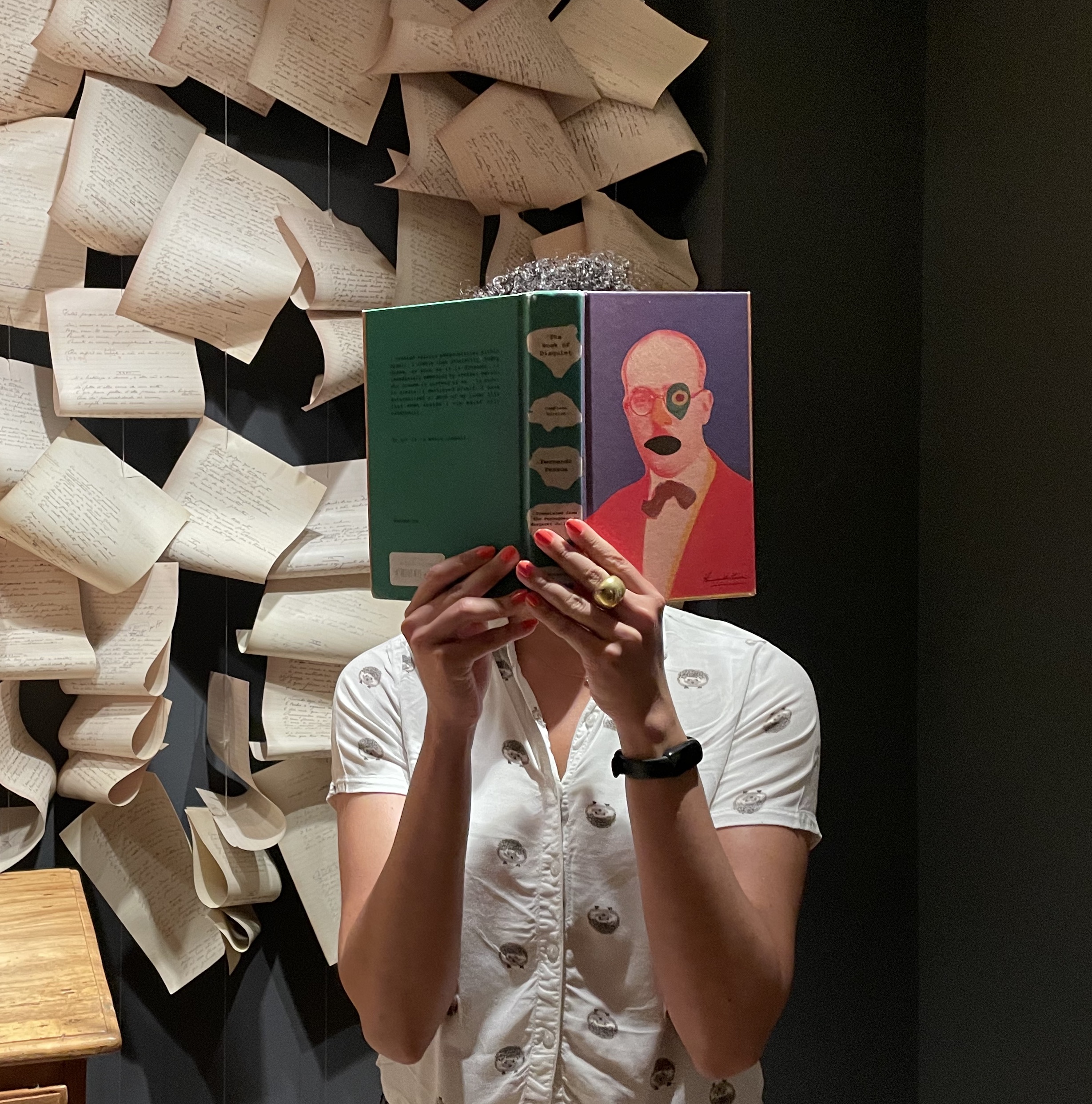Happy New Year! We begin 2021 by welcoming BRUCE BOND back to The Common.
Bruce Bond is the author of twenty-seven books, including, most recently, Black Anthem, Gold Bee, Sacrum, Blackout Starlight: New and Selected Poems 1997–2015, Rise and Fall of the Lesser Sun Gods, Frankenstein’s Children, Dear Reader, Plurality and the Poetics of Self, Words Written Against the Walls of the City, and The Calling.
Table of Contents
- Patmos III
- Patmos V
Patmos III
I was just another creature crawling from the mausoleum,
and I thought, so this is it, the place in the final chapter
where I am judged for all my cruelties, blunders, failures of attention,
and I waited for the furies to take me, or some such host.
But it was just another morning. My mother was asleep
and would not wake again. I am here, I said. I say it still,
whenever I am back there, sleeping, as words are when you
love them, when you read them to a woman who is gone.
*
The end of the world goes largely unrecorded, but it
was always there. Always those poor souls among us
who had that dream last night. You see it in their bodies,
the way they hold back whatever flood or nuclear winter.
You too could go cold and never see the ship go under.
You could awaken in a stiffer posture, bewildered if not
broken, and never know what it is that holds you, stuns you,
your curtains lit and unlit with the passage of the clouds.
*
You wake, you rise. In the style of mourners and bells
and modern oceans, you overfill your borders. You open
a door, and in your leaving, enter a sea that is everywhere
the air we breathe and so in every age. Wherever you go,
the story of the end keeps wafting back from a distant place,
the words blurred, rhapsodic, if eroded, but here you are,
free to move, to hear in the long strides of the breeze whatever
you most fear and desire, where your need to speak begins.
*
And then your curtains burn a little brighter. They sigh
the visual sigh of dusk at dawn, and your heart floats back
into its chamber. Is there solace knowing the end is over.
Has the torrent torn a passage. Do you emerge an infant
bathed in the wreckage of your journey, having seen what
the dead see who return afraid and will not tell their tale.
Do you say, at least that’s over, and find your refuge, here,
where waters rise and rise each night to tar the morning shore.
*
It must bring comfort to a few, these confessionals online.
Upload your worry, and watch it float from the grave of one
more night, your face in the liquid crystal that casts no shade.
Mostly our sins are ordinary and make us feel a little criminal.
And like children, a little special. Online everyone is as special
as stone. Not to say our missteps are benign. We could walk
the narrow path, undistracted by the damned, the meth teeth
and whores who burn. We could be as criminal as angels.
*
You never know. The odd survivor with ashes in her hair
could sit across your table. Is there something you want
to ask or say, that she is not alone. Surely, we have all
suffered enough. Do you agree. Do you say we or you
when what you mean is I am here to talk, if you are haunted,
hunted, broken or confused, a stranger to the others.
Does the woman at the community table look up
from her phone to say, What the hell are you looking at.
*
Say you find yourself among the wretched swept
into a pit of burning hair. I have studied scripture
by a light like this. I have read the stories of the few
who die and go to hell, and back, and what they feel
is not guilt. But shame. No absolution. No cure.
Any wonder we have heard so little about it. Always
the great white light. But for the damned on earth,
who do they trust to cut them open, sew them up.
*
Suicidal cults give their children to Jesus. The world
is not their world anymore. It is a text. Angels come
in their spaceships to repossess the faithful, harvest them
for a star untouched by hands. What good are hands
when everything has happened. Do not weep, they say,
for those you love. They love you and are strangers still.
They will not hear you, hold you. They stare at names
in stone to read, as lovers do, far too little. And then, too much.
*
The voices on the radio are calling in from the heartland,
crossing over into static and back, looking for an ear to lie
down in, to be the grave of loneliness, bitterness, graves.
The world is not their world any more. It is a story that ends,
over and over, with an angry Sabbath or talk show host.
Heaven waits, as the lambs of the new age wait. The end,
they hear, is the finest part. They hear and so they follow.
They drink their death. And take a little extra for the pain.
Patmos V
The one hand clapping at the end of the long dark hall
is a friend of mine. Every time I think I am alone, I hear
the severed hand walk back from an enormous distance.
If music could talk it would say, distance is nothing to me.
One plus one is one. That is how musical memory works.
My cat almost died this week. He did not eat for four days
and slept a lot, and then he woke. He ate. He came back
from the end of the hall to be the silent music in our hands.
*
I want to write a song to honor the silence a song becomes.
In the middle, there will be a nothing, and in the nothing,
someone small and misunderstood. And the music will hold
the listener the way a name holds a person without pretense
of capture. Music is merciful that way. And the long misread
will come to sing their praises as one. The end will come,
and all who listen will go silent. But a heartbeat continues
in the air they breathe, in the song of breathing no one hears.
*
Play a dissonance the first time, and it sounds uneasy,
needled with the feeling of something you forgot, some
name you misplaced, some error on the gravestone you
spend each midnight carving. But play it again, and you
hear a hint of pleasure if not joy. It gives you permission,
room, a second wind. It opens a window, and a sky falls in.
Play it softer, deeper, and more tension falls away, like fire
from a star, and on and on, so long as you can take it.
*
How odd to come this far, from the body of another,
from the chain of strange and stranger bodies to the sea.
What I know of the cradle drifts into waves and pounds
the shore. If I meet infinity, I want to say, you and I are
not so different. I have heard your voice. I have drawn
the eye that drew me like a bow. Together we searched
each other’s bodies. We emptied and filled. We said
you and I, you and I. We trembled like a telephone wire.
*
When I talk in my sleep, my cat turns to me to say, Hey
you in there, do you realize you are talking, and so, I do,
and so, I talk to my neighbor’s wall. Hey you in there,
do you realize we can hear you, and my cat thinks I am
talking to her. Hey, she says, without a bad connection,
what good are dreams. What good are we without them.
Why beat the mattress with our hearts, if not to pound
a message to those too close, and far, and never there at all.
*
No death for you. You are involved. So ends the poem
by a man whose car they found abandoned by a bridge.
No death certificate, no last note either, only the parting
glance in his opening line, the fading smiles of the bathers.
But even as the poem starts with departure, at least we know
our author was there, once, in the water. He gave it form
as bodies do. He immersed his trouble in the great Pacific,
if only as untouchable observer. So deep the peace that kills.
*
It took me one life to learn what I can live without.
It took me a life and one day after. Still I wonder.
The wandering of the desert fathers must have felt,
some days, a little pointless. But the one day after,
everything spoke. Every crystal burned with the call
of a castaway searching the sky. And then, it stopped.
Like talk at the table, when the house begins to shake,
when earth says what every silence whispers. I am here.
*
The one hand clapping at the end of the world is not alone.
It makes visible our only-ness. Then, it claps. It sounds
against the unspeakable like a boot against the streets of Berlin.
Some who survive say, we will always remember. We.
The museum with its hill of spectacles and shoes closes
for the evening, but the light is on. The swastika graffitied
on the door behind us shines. It will linger there a week
or so and then be painted over. We will never be alone.
*
Tonight, the role of the abyss will be played by clarinet,
as it was long ago, when Messiaen played it, when he filled
each breath at the opening with long tones and mourned
the killing fields of Europe. Before the trilling of the birds.
If this was the end of time, it possessed a force that kept on
singing to survive. A dialogue then, and fellow prisoners
at Görlitz heard it. It broke them in two. To hear a bird
take on the final burden. For an earth too beautiful to bear.




